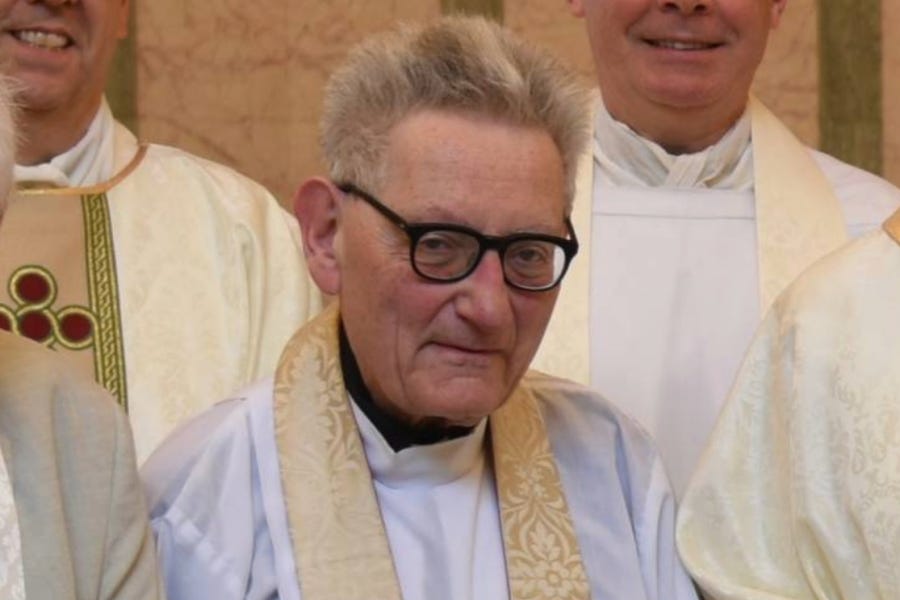Fr Francis Wahle: A priest who escaped the Nazis
The boy who fled Vienna in 1939 lived to become one of England’s oldest priests.
Fr. Francis Wahle, who died May 14 at the age of 94, was one of nearly 10,000 Jewish children who escaped Nazi Europe through the mass evacuation known as the Kindertransport, which took them to Britain shortly before the outbreak of World War II.

